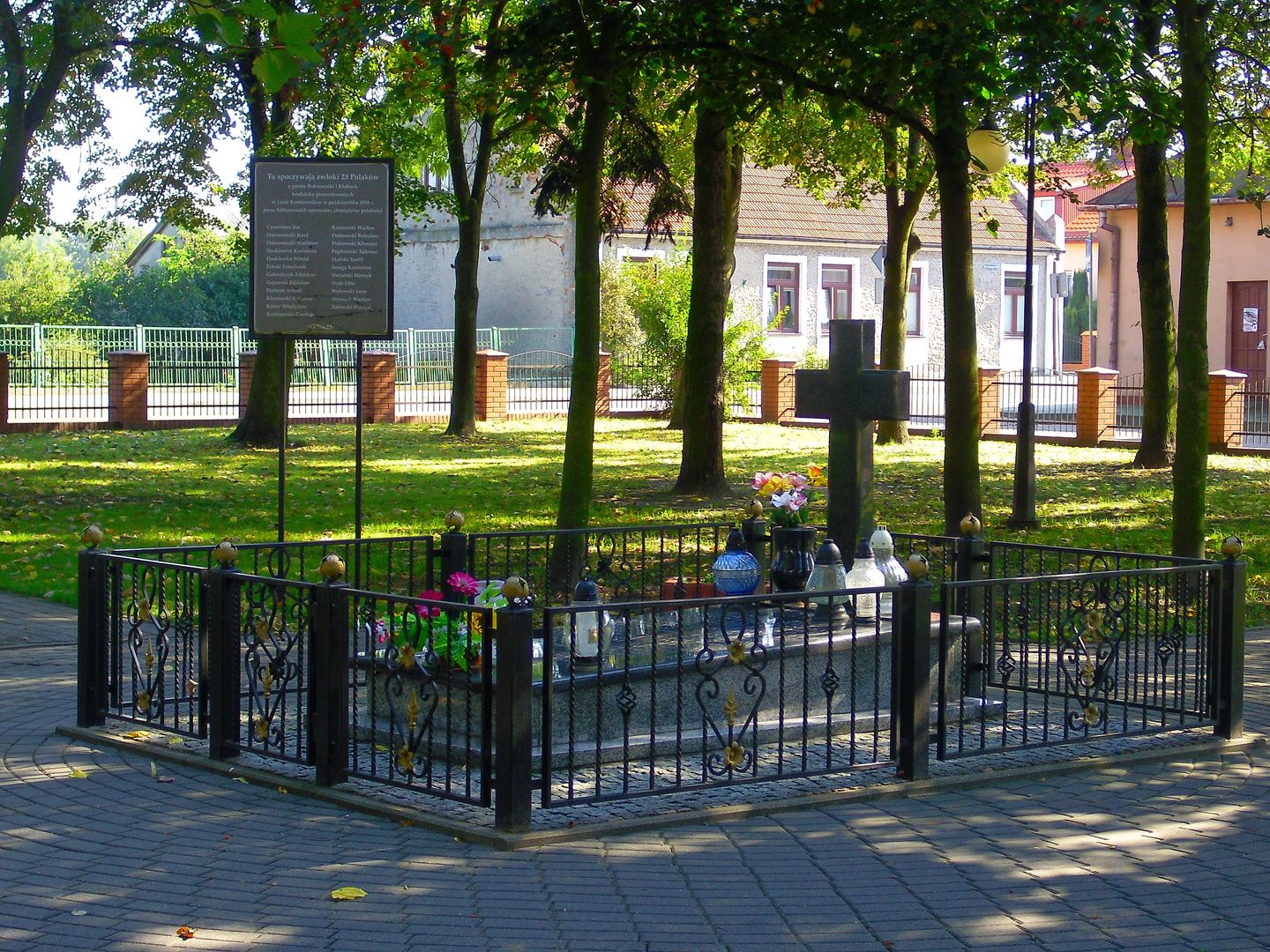Bobrowniki
6.74

Overview
Bobrowniki is a town in Poland, located in the Kuyavian-Pomeranian Voivodeship, with a rich history dating back to the 14th century. The town was granted its municipal charter in 1403, though it had already been mentioned as a small town as early as 1321. Over the centuries, Bobrowniki underwent various administrative changes, falling under both Teutonic and Polish rule, and its status shifted multiple times before it finally regained its town rights on January 1, 2024.
The town's architecture is notable for the ruins of a 14th/15th-century castle, which once served as the residence of the governor of the Dobrzyń Land. Other significant sites include a parish cemetery from the 19th/20th century and the complex of St. Anne's Church from 1787, complete with a fence, gate, charnel house, and churchyard. The castle, damaged during the Polish–Swedish Wars and the Swedish Deluge, was never fully rebuilt but continued to serve administrative functions.
In the 18th century, Bobrowniki saw significant economic development driven by the purchase of large land plots by the nobility, further supported by a customs office on the Vistula River. The cultural life of Bobrowniki is closely tied to the activities of the OSP Brass Band, founded in 1924, which has won awards in regional competitions.
The residents of Bobrowniki were actively involved in various independence movements, particularly in the 19th century and during World War II, when opponents of Nazi occupation faced repression. After the war, the town gradually rebuilt, with local authorities investing in infrastructure. Elements of the historic urban layout have been preserved, including a rectangular market square and characteristic 19th and 20th-century buildings.
Today, Bobrowniki is a place that blends rich traditions with aspirations for the future, making it a fascinating destination on the map of Poland.
Location
2026 Wizytor | All Rights Reserved